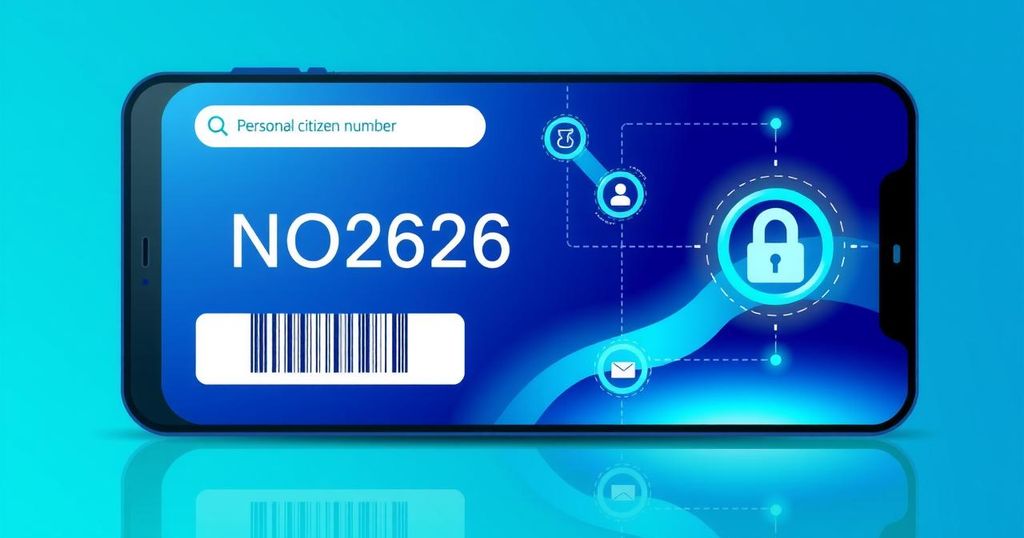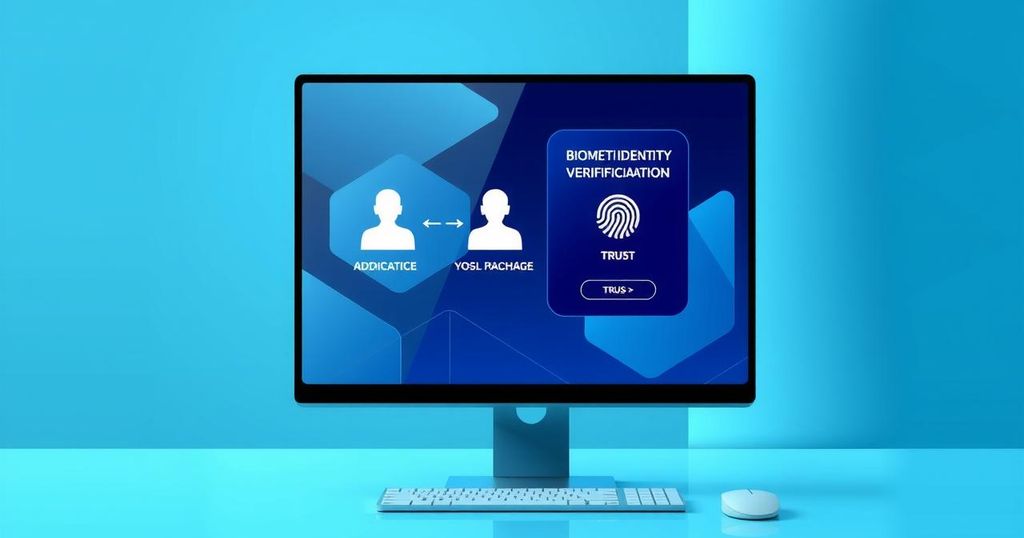Digital identity systems are transforming public services worldwide by replacing outdated methods with secure, user-friendly technologies. Originating from the private sector, particularly online entertainment and gaming, these systems offer rapid access and greater privacy. Governments are adopting these innovations to enhance service delivery, address accessibility issues, and improve citizen engagement while prioritizing security, trust, and user experience.
Across the world, digital identity systems are fundamentally changing the way governments provide services to their citizens. Traditional methods that rely heavily on paper forms are being replaced by streamlined, secure digital processes that not only speed things up but also improve accessibility. Interestingly, this shift towards digital IDs is not just a government initiative; the private sector is playing a significant role in these advancements.
The tech originally developed for online entertainment spaces, such as online casinos, is now influencing public service systems. As countries aim to update and improve their services, a key takeaway appears: citizens prefer rapid access, enhanced privacy, and more control over their identities—all areas where digital ID systems excel.
Digital entertainment has jumped in on adopting cutting-edge registration technologies. For instance, online platforms from eCommerce to streaming services utilize advanced verification techniques. This tech-savvy approach not only boosts security but also enhances user experience, demonstrating just how vital digital ID innovation has become.
Taking cues from the iGaming sector, online casinos are significantly impacting the digital identity verification landscape. For example, tools like Inclave offer passwordless login options, enabling users at no-registration casinos to log in using just their fingerprints or minimal clicks. Wilna van Wyk’s detailed guide illustrates the ease and security these systems provide.
What sets Inclave apart is that its technology functions as a lightweight digital ID rather than merely a login tool. With governments now looking to jettison clunky online portals, this model is becoming increasingly attractive for secure, user-friendly digital access.
Public service websites often frustrate users with their cumbersome interfaces, repetitive security checks, and forgotten passwords. A biometric system would quickly and effectively confirm a user’s identity. Transitioning to these passwordless systems not only enhances security but also vastly improves convenience. Imagine accessing crucial services like healthcare benefits or license renewals with just a few clicks—this efficient future is within reach thanks to innovations from industries that prioritized speed and safety.
Moreover, digital ID systems are poised to tackle persistent issues of accessibility. Individuals lacking traditional identification, such as undocumented migrants or those living in rural areas, have often been excluded from vital public services. However, mobile-forward digital identity solutions are already changing the game.
In nations like India, Nigeria, and Estonia, digital IDs have empowered citizens to engage in voting, receive healthcare, and access financial assistance. By eliminating dependencies on physical IDs and paperwork, these systems improve public sector engagement significantly.
On the flip side, increased access raises concerns around security and privacy. Protecting user data is critical. Hence, both public and private digital identity providers are now prioritizing frameworks like zero-knowledge protocols, decentralized storage, and encrypted communication. This shift allows users to verify specific data traits, like age or residency, without revealing additional personal information.
Such control helps to foster user trust, a vital element for the future of digital identities. As technology evolves, users will find themselves less vulnerable to identity theft or data breaches—after all, modifying a fingerprint is much harder than cracking a password. This evolving attitude is why governments are eyeing digital ID models like Inclave, not purely for the ease of use, but for heightened security too.
The old days of long waits and paper-heavy processes appear to be fading. Citizens are looking for ease and efficiency that mirror their favorite apps, making digital ID essential for modern public services. Whether it’s applying for assistance or simply managing health records, instant identity verification paves the way for smoother service.
Looking at the experience of no-registration casinos, where entering the platform is quick and secure, public services could benefit from a similar approach. If government systems embraced streamlined digital onboarding and effective biometric solutions, they could finally align with evolving user expectations.
Currently, the push for digital ID systems is gaining momentum. Various countries are exploring models that leverage blockchain and biometric databases while balancing user experience and privacy. The most successful implementations will prioritize both innovative design and the protection of user rights.
Ultimately, digital identity systems are becoming a necessity rather than a luxury. Industries that didn’t traditionally align with public services have unwittingly set the standard, offering a proven strategy for governments aiming for efficiency and security. The future of public services may very well hinge on just two clicks away from achieving better outcomes.
Digital identity systems are revolutionizing public services globally, enhancing accessibility, privacy, and security. Derived from innovations in the private sector, particularly in entertainment and gambling, these systems promise rapid, user-friendly access to vital services. While the journey towards greater efficiency and trust continues, the future looks promising with technology paving new paths. As digital IDs become essential, governments must adapt to the changing landscape to better serve their citizens.
Original Source: northpennnow.com





